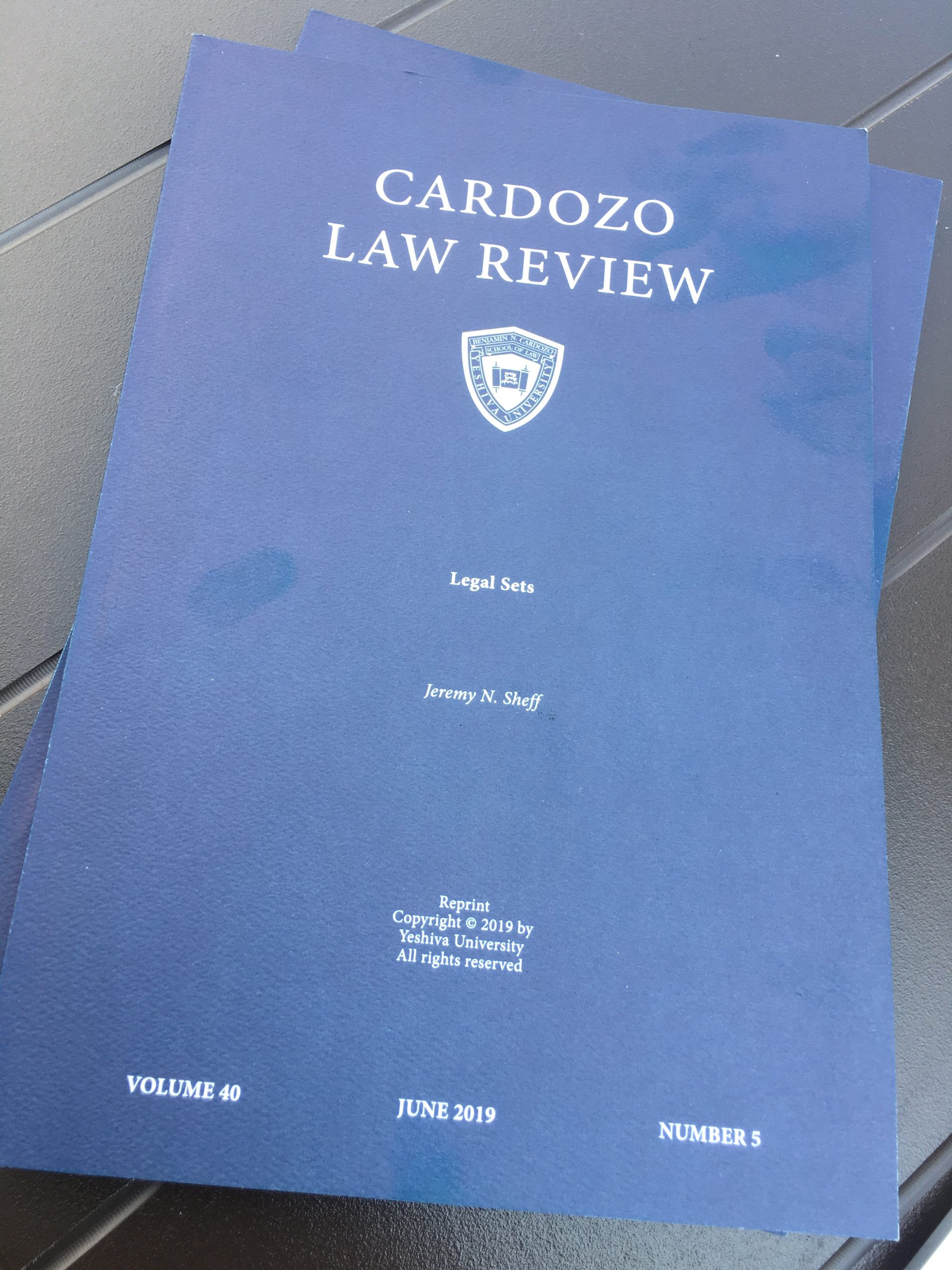Following up on yesterday’s post, here are the slides from my WIPIP talk on Progress for Future Persons. Another take on the talk is available in Rebecca Tushnet’s summary of my panel’s presentations.
A couple of interesting points emerged from the Q&A:
- One of the reasons why rights-talk may be more helpful in the environmental context than in the knowledge-creation context is that rights are often framed in terms of setting a floor: whatever people may come into existence in the future, we want to ensure that they enjoy certain minimum standards of human dignity and opportunity. This makes sense where the legal regime in question is trying to guard against depletion of resources, as in environmental law. It’s less obviously relevant in the knowledge-creation context, where our choices are largely about increasing (and then distributing) available resources–including cultural resources and the resources and capacities made possible by innovation.
- One of the problems with valuing future states of the world is uncertainty: we aren’t sure what consequences will flow from our current choices. This is true, but it’s not the theoretical issue I’m concerned with in this chapter. In fact, if we were certain what consequences would flow from our current choices, that would in a sense make the problem of future persons worse, if only by presenting it more squarely. That is, under certainty, the only question to deal with in normatively evaluating future states of the world would be choosing among the identities of future persons and of the resources they will enjoy.



2 Responses
[…] Reports are that Oxford philosopher Derek Parfit died last night. Parfit’s philosophy is not well known or appreciated in my field of intellectual property, which is only just starting to absorb the work of John Rawls. This is something I am working to change, as the questions Parfit raised about our obligations to one another as persons–and in particular our obligations to the future–are deeply implicated in the policies intellectual property law is supposed to serve. Indeed, when I learned about Parfit’s death, I was hard at work trying to finish a draft of a book chapter that I will be presenting at NYU in less than two weeks. (The chapter is an extension of a presentation I made at WIPIP this past spring at the University of Washington.) […]
[…] is one any theory of knowledge governance must engage. I made my first effort to do so at the 2015 Works-In-Progress in Intellectual Property (WIPIP) Conference at the University of Washington, and presented a more recent take at NYU’s 2017 […]